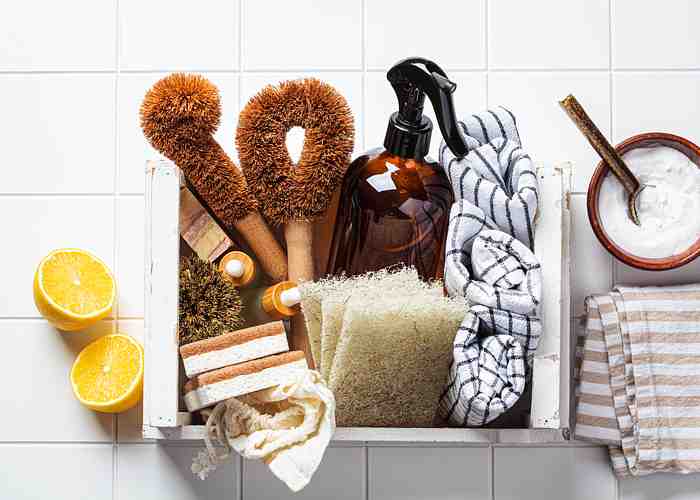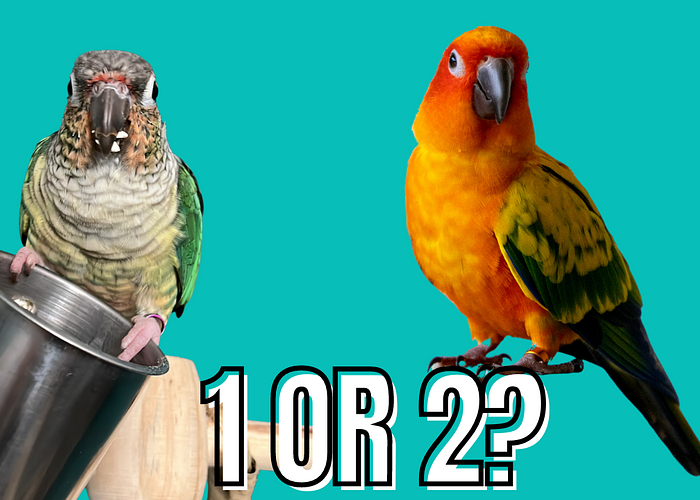Molting Beak in Parrots
What is Beak Molting?
Molting is a natural process in which birds shed old feathers for new growth. Similarly, parrots can experience beak changes. Unlike feathers, beaks do not "molt" in the traditional sense but undergo a continuous process of growth and renewal. The outer layers of a parrot's beak can peel or flake off as new keratin layers develop underneath. This process is essential for maintaining a healthy, functional beak.
Why Does Beak Molting Happen?
Beak molting occurs due to several factors:
- Natural Growth: Like human nails, a parrot's beak grows continuously. The outer layers may flake off to accommodate this growth, ensuring the beak stays sharp and functional.
- Diet: Nutritional factors play a significant role in beak health. A balanced diet rich in vitamins and minerals supports healthy beak growth and maintenance.
- Activity: Parrots use their beaks for various activities, including climbing, foraging, and playing with toys. These activities naturally wear down the beak, promoting the shedding of old layers.
Signs of Normal Beak Molting
It is crucial to differentiate between normal beak molting and potential health issues. Here are signs of normal beak molting:
- Flaking: Small flakes or chips on the surface of the beak are usually normal.
- Smooth Appearance: After flaking, the beak should look smooth and even.
- Regular Eating and Behaviour: The parrot continues to eat, play, and behave normally.
When to Worry: Abnormal Beak Changes
While some flaking and peeling are normal, certain signs indicate potential problems:
- Excessive Cracking or Splitting: Deep cracks or splits can signal nutritional deficiencies or health issues.
- Discolouration: Unusual colours; you should see your avian vet as soon as possible to figure out the root cause.
- Deformed Growth: Irregular shapes or growth patterns can suggest underlying health problems.
- Pain or Discomfort: If the parrot seems in pain or avoids using its beak, consult a veterinarian immediately.
Supporting Your Parrot Through Beak Molting
To ensure your parrot's beak remains healthy, consider the following tips:
- Balanced Diet: Provide a diet rich in fruits, vegetables, nuts, seeds, and specially formulated parrot pellets. Ensure your parrot receives enough calcium and vitamins A and D3.
- Beak Conditioning: Offer beak conditioning toys, perches and foraging opportunities. Natural wood perches and fun toys to destroy can help keep the beak trimmed and healthy.
- Regular Vet Check-ups: Routine veterinary visits are essential to monitor your parrot's overall health, including beak condition.
- Hydration: Ensure your parrot has access to fresh water at all times. Proper hydration supports overall health and beak condition.
- Environment Enrichment: Provide a stimulating environment with plenty of toys and activities to encourage natural beak use and wear.



.png)
